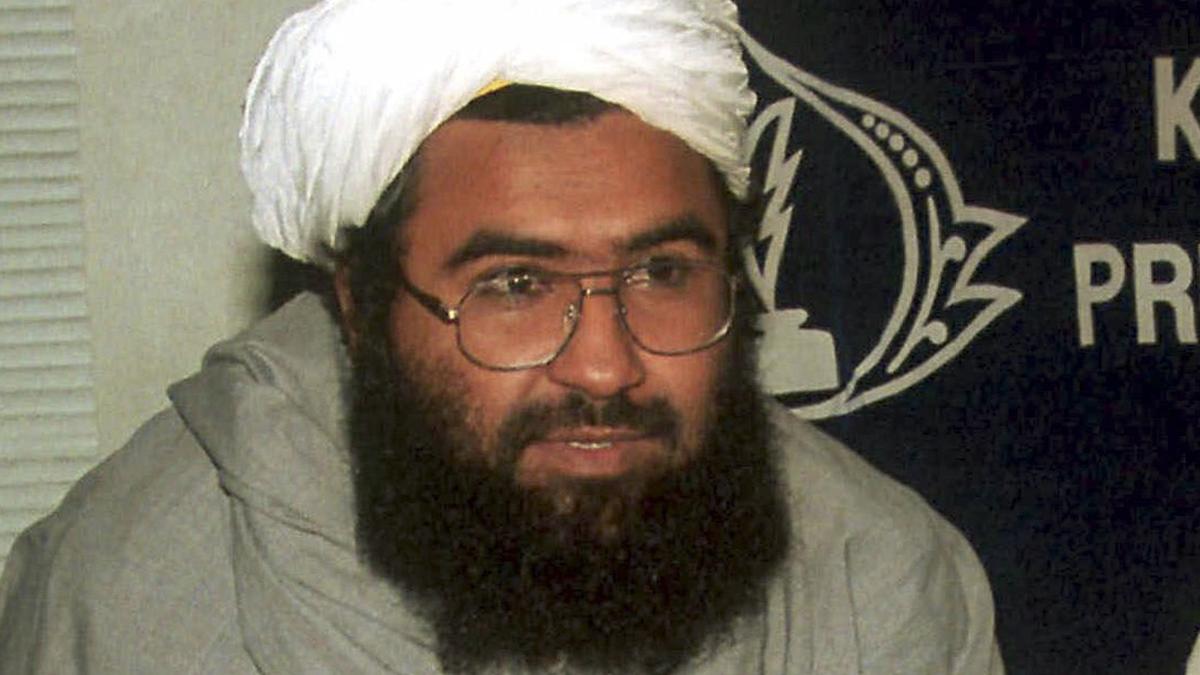Masood Azhar Confirms Family Deaths in India’s Operation Sindoor Strikes on JeM Sites
Related Articles
Uttar Pradesh CM Yogi Adityanath Explores Green Hydrogen in Japan
Chief Minister Yogi Adityanath of Uttar Pradesh made a visit to the Komekurayama Hydrogen Facility located in Yamanashi, Japan, on Thursday, February 26. During...
Rajasthan: खेलते समय 9 साल की छात्रा को हार्ट अटैक, 4 महीने पहले बड़े भाई की भी हुई थी अचानक मौत
नागौर जिले के गोटन इंटरनेशनल स्कूल में 23 फरवरी की सुबह एक 9 वर्षीय छात्रा दिव्या की दिल का दौरा पड़ने से मौत हो...
ईरान का मोदी से अनोखा अनुरोध: इजराइल दौरे के दौरान फिलिस्तीन के अधिकारों की बात उठाएं
ईरान के विदेश मंत्री अब्बास अराघची ने पीएम मोदी से अपील की है कि वह अपने इजराइल दौरे के दौरान फिलिस्तीनियों के अधिकारों की...


